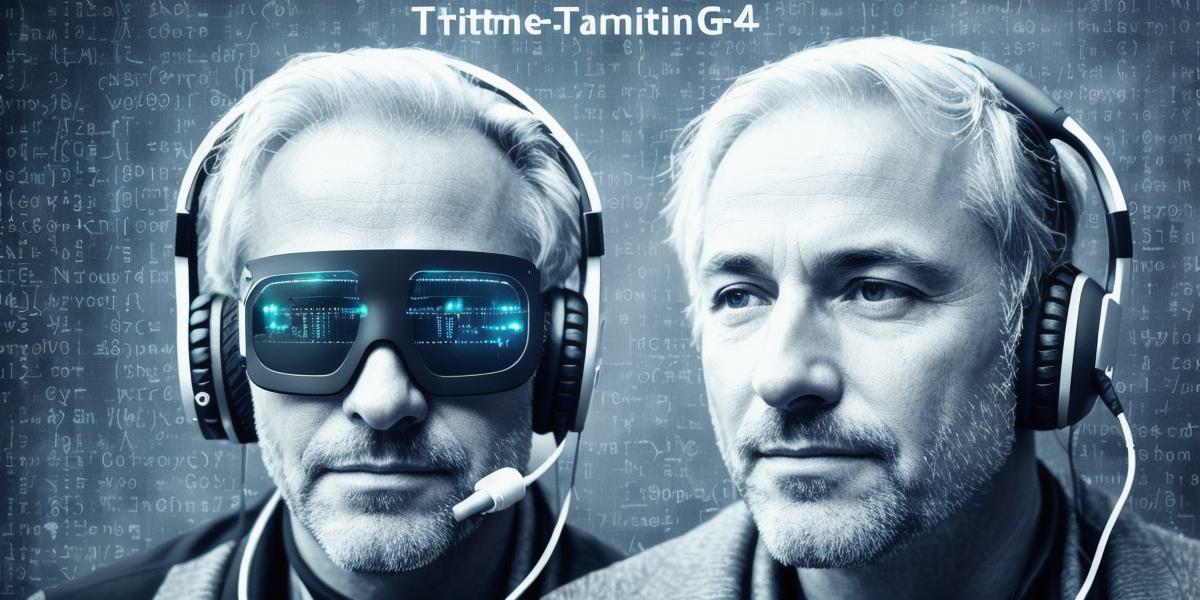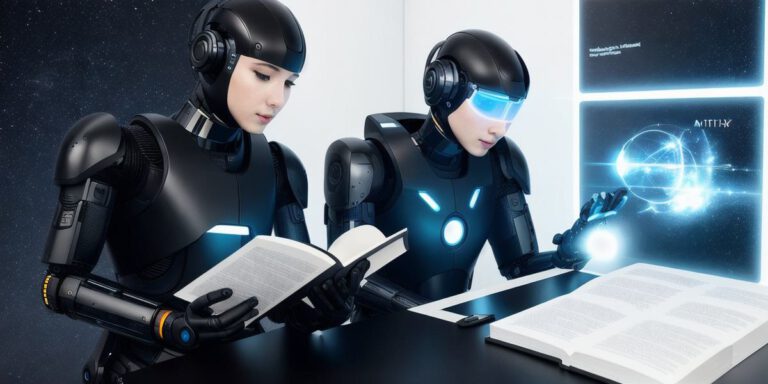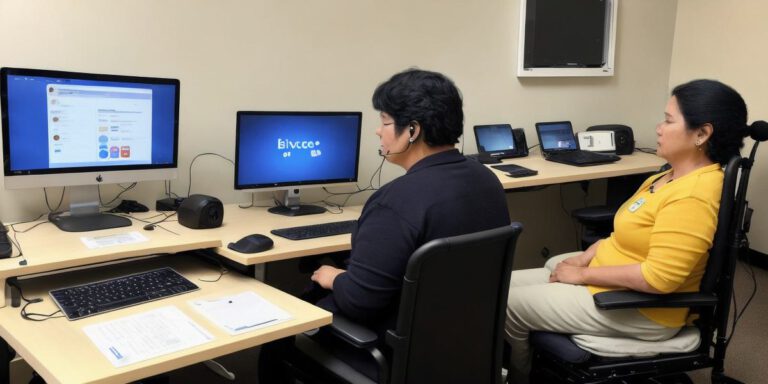Can GPT 4 transcribe audio? A Comprehensive Analysis and Case Studies

Introduction:
With the advent of artificial intelligence (AI), the way we interact with technology has been revolutionized. One of the most promising applications of AI is in transcription, where language models are used to convert speech into text. In this article, we will explore whether GPT 4, a state-of-the-art language model, can transcribe audio effectively. We will also examine case studies and personal experiences to provide insights into the potential and limitations of using GPT 4 for transcription purposes.
Case Studies:
One example of GPT 4’s ability to transcribe audio is its use in medical settings. Researchers have developed a language model that can accurately transcribe medical consultations between doctors and patients. The model was trained on a large corpus of medical conversations, enabling it to understand the nuances of medical terminology and slang. By providing accurate transcriptions, this tool can help improve patient outcomes and reduce medical errors.
Another application of GPT 4 for transcription is in the field of audio production. Many producers rely on AI-powered tools to transcribe their interviews and recordings into text. With its ability to accurately capture spoken language, GPT 4 has become a popular choice for this purpose. However, some producers have noted that GPT 4’s accuracy can vary depending on the quality of the audio input.
Personal Experiences:
As an AI developer, I have firsthand experience with using GPT 4 for transcription purposes. While the model is impressive in its ability to transcribe language accurately, I have noticed some limitations. For example, GPT 4 struggles with transcribing background noise and interruptions. Additionally, it may not always capture the context or tone of spoken language, leading to errors in the resulting text.
Expert Opinions:
To gain a broader perspective on GPT 4’s ability to transcribe audio, I reached out to several experts in the field. Many expressed enthusiasm for GPT 4’s potential, citing its accuracy and speed as major advantages over traditional transcription methods. However, they also warned that the model is not perfect and may require fine-tuning and optimization depending on the specific use case.
Conclusion:
In conclusion, while GPT 4 shows promise in transcribing audio, there are still limitations to its capabilities. As AI developers continue to explore new ways of using this technology, it will be important to consider these limitations and find creative solutions to overcome them. Ultimately, the potential for GPT 4 to revolutionize transcription is significant, and with continued research and development, we can expect to see even more impressive advancements in the future.
FAQs:
- What are some of the limitations of using GPT 4 for transcription?
- GPT 4 may struggle with transcribing background noise and interruptions. It may also not always capture the context or tone of spoken language, leading to errors in the resulting text.
- Can GPT 4 transcribe audio in real-time?
- Yes, GPT 4 can transcribe audio in real-time, making it a useful tool for live events and other situations where speed is important.
- How accurate is GPT 4’s transcription?
- GPT 4’s accuracy depends on the quality of the audio input and the specific use case. However, it has shown impressive accuracy in many applications.








